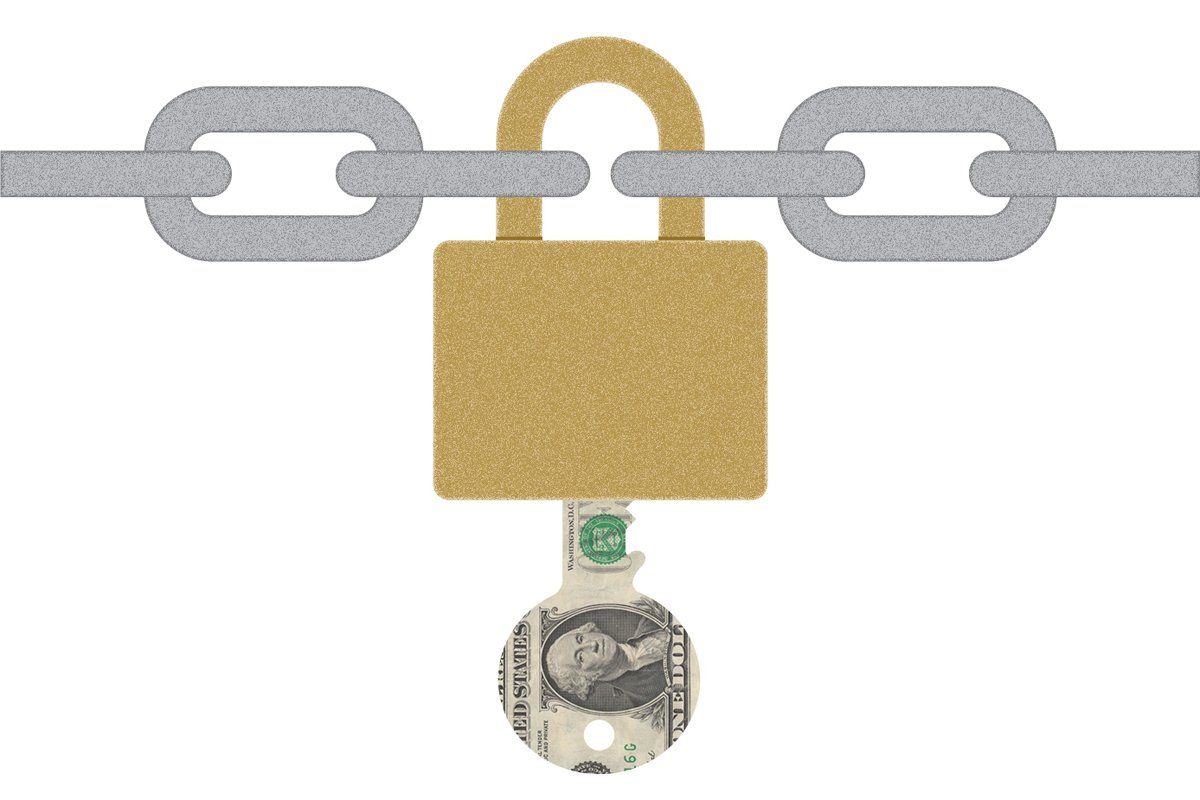
The banks are on the run. Wall Street went all out on a Romney victory—and lost. Elizabeth Warren, perhaps the fiercest critic of banks in public life, is about to assume her seat on the Senate banking committee. And global financial regulators are in high pursuit: HSBC, the London-based bank, in December agreed to pay $1.92 billion to settle charges of money laundering; UBS agreed to pay a $1.5 billion fine for its role in conspiring to fix a benchmark interest rate, the London Interbank Overnight Rate (LIBOR); and in the U.S., regulators led by the Office of the Comptroller of the Currency, a supine agency during the Bush years, were making headway on a reported $10 billion deal with 14 banks over abusive and improper mortgage-foreclosure practices.
And yet. Despite the zeroes attached to the settlement figures, big banks are not being prosecuted to the full extent of the law. A small-time money launderer in bed with the Mexican mob would be packed away to federal jail for a few decades. But HSBC escaped indictment, and none of its employees was charged altogether, even though it was engaged in activities straight out of a James Bond film. A similar dynamic is at play in the LIBOR investigation. You don't need a code of ethics or compliance officer to know that messing with a benchmark like LIBOR is remarkably damaging. And although two UBS traders were indicted for their role, the LIBOR scandal is likely to result in more financial pain than hard time. "Given the magnitude of the bankers' transgressions, I look at this [the financial penalties] as a slap on the wrist," said Barry Ritholtz, a New York money manager and author of Bailout Nation. "A billion dollars here or there is merely the new cost of doing business."
In other industries—say garbage collection or accounting—when groups of companies conspire to rig the system, they are put out of business, and the perpetrators are sent to prison. When the accounting firm Arthur Andersen was found complicit in helping Enron perpetuate fraud, it was indicted and quickly went out of business. So why are the big banks getting off so easy? Indict a small-time hood, and the police expect the neighborhood to become safer. Indict a highly leveraged global financial firm, and, warn the financial policemen, it could trigger defaults on financial commitments, capital flight, bailouts. For all the duress they're under, big banks like UBS, Barclays, and Bank of America still enjoy special status—because they are so large, so leveraged, and so interconnected to other vital institutions. As Neil Barofsky, former U.S. attorney and the author of Bailout, recently wrote, "The government determined that HSBC is not only too big to fail, but also too big to jail."
Despite the squawks about big fines and smaller bonuses, life for the banks is still pretty good. According to the FDIC, in the third quarter, banks made a whopping $37.6 billion in profits—the highest level since late 2006. The authorities may be waging war against the banks, but their big guns often fire blanks, and they are quite eager to sue for peace.
Uncommon Knowledge
Newsweek is committed to challenging conventional wisdom and finding connections in the search for common ground.
Newsweek is committed to challenging conventional wisdom and finding connections in the search for common ground.





